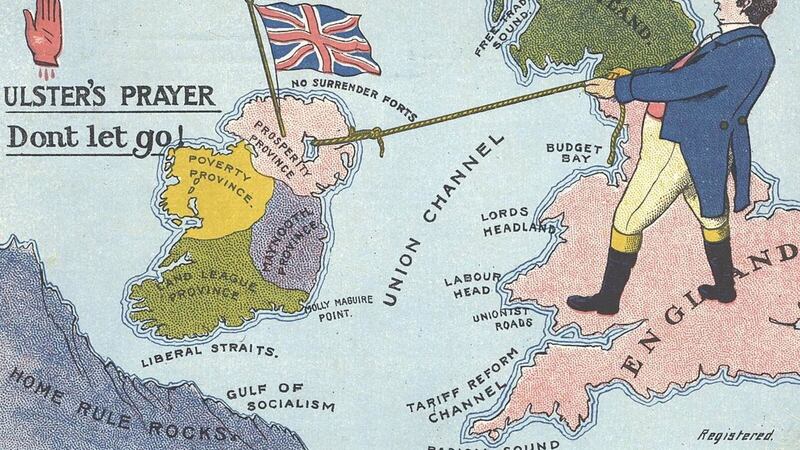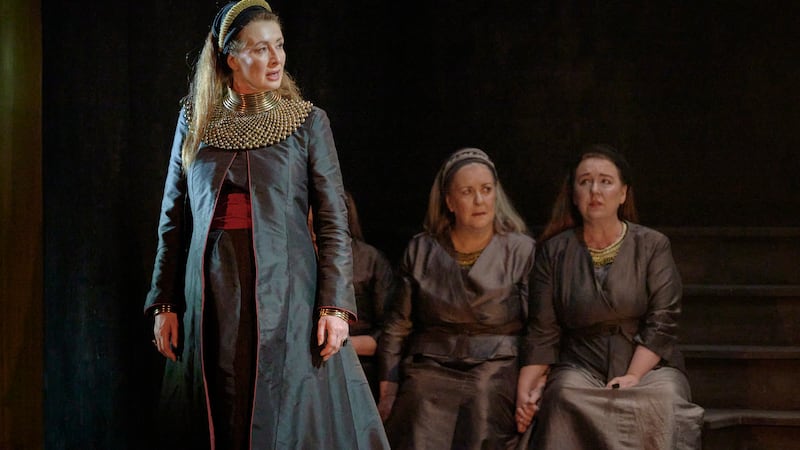DINNSEANCHAS
Ulster - Uladh - land of the Ulaidh
According to Jens Jacob Asmussen Worsaae, a Danish archaeologist, historian and politician who wrote “Account of the Danes and Norwegians in England, Scotland, and Ireland,” in which, according to PW Joyce, “he collected every vestige he could find of the Danish rule in these countries.
“According to Worsae (p. 230), the termination -ster in the names of three of the provinces is the Scandinavian stadr, a place, which has been added to the old Irish names. Leinster is the place (or province) of Laighen or Layn; Ulster is contracted from Ula-ster, the Irish name Uladh being pronounced Ulla; and Munster from Moon-ster, or Mounster (which is the form found in a State paper of 1515), the first syllable representing the pronunciation of the Irish Mumhan.”
SEANFHOCAL
Is buaine bladh ná saol
Fame endures longer than life.
This proverb, no doubt, has been used in a literal call to people to lay down their lives for some cause or other, some noble, some the height of stupidity.
It might haveen used to stir a hurling or a football team to (metaphorically) lay down their lives in order to win an all-Ireland.
It will be found in many’s a myth and legend, an exhortation to do brave deeds, frequently found in our romantic literature.
It is very similar is Cúchulainn’s sentiment: “Beó duine d’éis a anma, agus ní beó d’éis a oinigh”/“A man may live after losing his life, but not after losing his honour.” See: A Miscellany of Irish proverbs.


